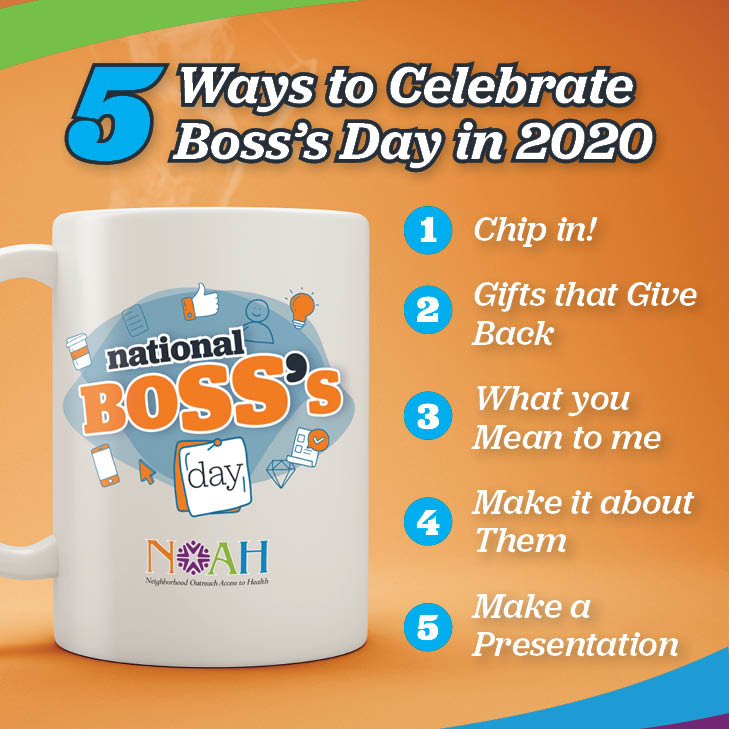Just a Regular Dental Cleaning
By Jane Roots, RDH
As dental professionals, we hear the request for “just a regular dental cleaning” so often that it’s time to fill everyone in on the truth. There are many different types of cleanings. As with most things in healthcare, wellness, and prevention, how your providers work with you will depend on many different things because it’s all about you.
We figure out the best dental cleaning after examining the condition of your gums and teeth. There are a lot of things that go into a dental cleaning, but a few easy steps can help you take control of your dental health before your next appointment.
What’s in my mouth?
- Plaque – Plaque is the soft, fuzzy film on our teeth that easily goes away with regular brushing and flossing.
- Tartar – When plaque is left behind – which happens to all of us – it becomes tartar, a hard material that has to be removed at your dental cleaning.
- Gums – Gums tell a lot about your dental health. Things like the color of your gums and their firmness can indicate gingivitis.
Types of dental cleanings
- Prophylaxis – This is frequently described as a basic cleaning when you have minimal tartar and your gums are healthy.
- Full-mouth debridement – This is the type of cleaning you’ll have if your teeth have tartar and your gums are somewhat inflamed.
- Scaling and root planning – This cleaning is for heavy tartar buildup and bone loss around your teeth. Typically, this cleaning will use some local anesthetic.
Dentists and hygienists will do a full mouth exam to look at teeth and gums, and check for cavities before a cleaning. But they will also want to have x-rays of your mouth to review and decide which type of dental cleaning is right for you.
Keeping your mouth healthy
Gums are key to dental health and they tell your dentist and hygienist a lot. Gingivitis can let us know that we need to take action to help reverse and improve your oral health. Things that increase the risk of gingivitis include smoking or chewing tobacco, crowded or overlapping teeth, and hormonal changes associated with pregnancy and diabetes. Thankfully, gingivitis is reversible. It starts with removing tartar and plaque with the help of your hygienist or dentist, as well as learning proper techniques of daily brushing and flossing to maintain your oral health. If left untreated, gingivitis can lead to more serious dental problems, pain, and other health conditions.
Be sure to brush your teeth twice a day and use fluoride toothpaste if available. Flossing daily is one of the easiest and best things you can do for your overall health. It doesn’t take long and can have big benefits. Lastly, schedule regular dental checkups every six months with one of our NOAH dental providers.


